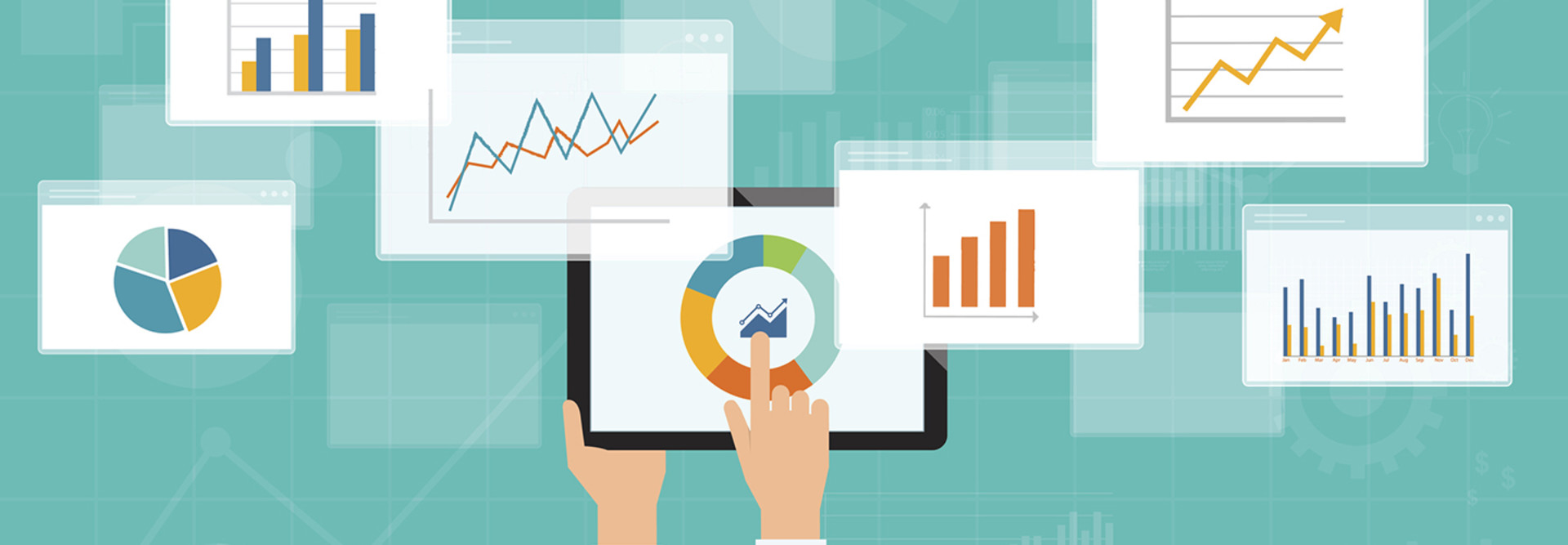Better Retention Could Boost Annual College Profits by $1 Million, Study Finds
Colleges could earn approximately $1 million annually if they increase student retention, a recent report from RPK Group finds, according to EdSurge. The research indicates the benefits of adopting new advising strategies, including those that are driven by data and adaptive learning.
New models are emerging across higher education to improve student performance and outcomes. They include alternate delivery and instructional models, such as competency-based education, digital courseware, and open educational resources. Outside the classroom, new educational support tools and approaches are also helping students plan for, and successfully navigate, college pathways.
Such tools indicated by the report include integrated planning and advising for student solutions, or iPASS tools, that make use of predictive analytics to help with degree planning, coaching and advising, student progress tracking and early academic alerts.
Several schools have received grants from the Bill & Melinda Gates Foundation to use these tools. The study found that while schools initially spent more money using the tools, the cost per student over time would decrease while retention could give the colleges $1 million more annually, the report details.
Universities that have embraced predictive analytics tools like iPASS have seen improvement in their advising processes and ultimately student retention.
SIGN UP: Get more news from the EdTech newsletter in your inbox every two weeks!
Predictive Analytics Can Improve the Student Experience
While colleges like Middle Tennessee State University have used analytics tools to create more informed advising programs, data also has demonstrated huge potential in crafting an individualized college experience for each student.
“There’s movement around integrating demographic data with how students interact with the online digital classroom. I think higher education institutions are just getting their feet wet in that area,” University of Wisconsin–Madison Chief Data Officer Jason Fishbain tells EdTech. “One thing that is technically possible is that we can start to personalize the student experience.”
At UW–Madison, Fishbain says his office is looking for ways to use data beyond just retention. His department has implemented Tableau visualization software to assist with academic planning. The data can also be used by the facilities department to help manage campus environments to make the living and learning experience even better for students.
At the University of South Carolina, Chief Data Officer Mike Kelly tells EdTech that his campus is using a homegrown analytics solution to assess how student involvement outside of the classroom affects student outcomes.
“Our Student Affairs and Academic Support division has argued for many years that extracurricular activities, like working outside of school, have an impact on students’ educational engagement and outcome,” says Kelly. “We are trying to measure and assess some of that.”









